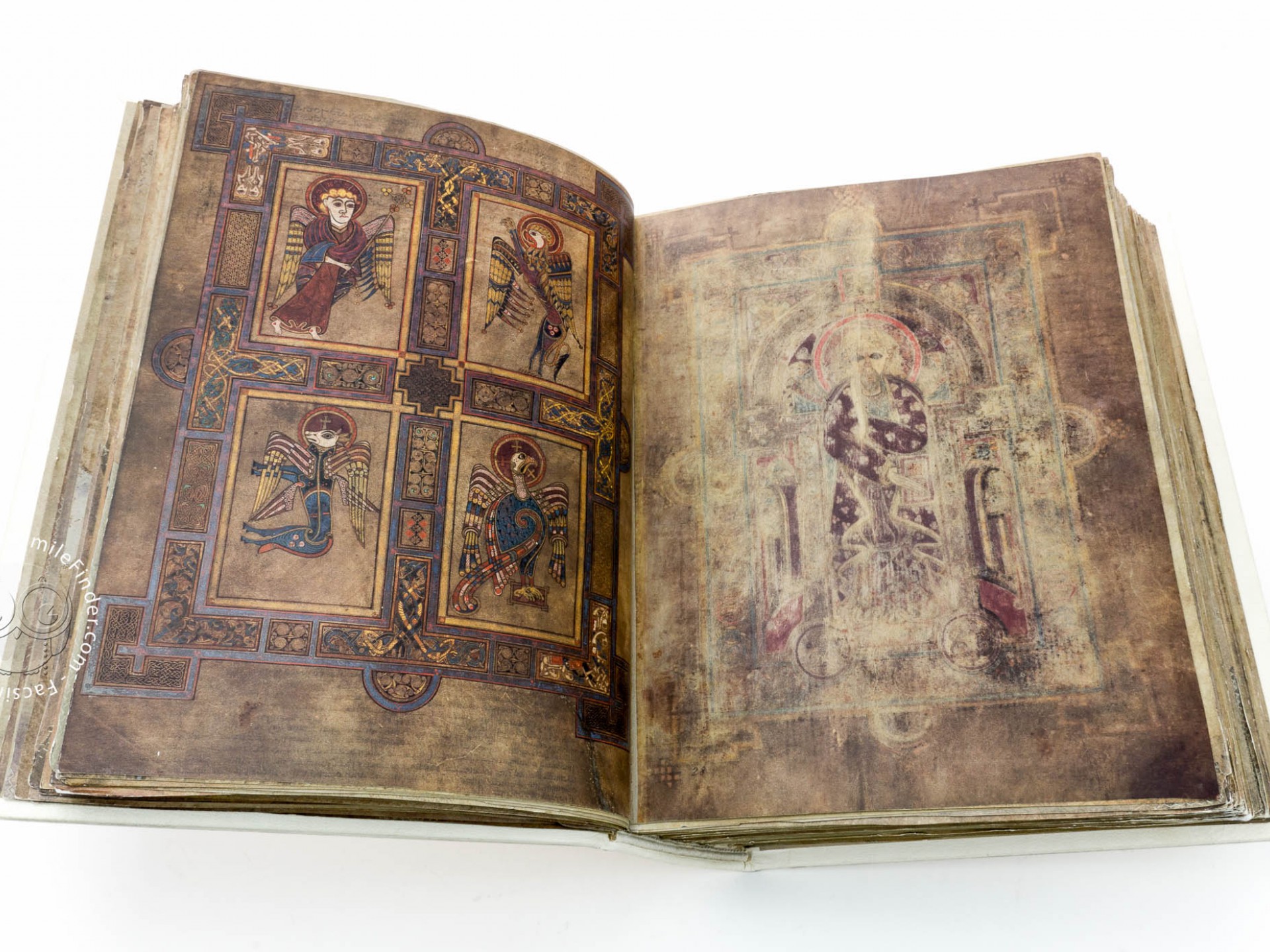


Listen to great insights into how to approach teaching the digital codex. Teaching the Codex was launched at Merton College, Oxford with a colloquium in February 2016, and it has since published formidable blogs on teachable features and links to paleographical and codicological training resources. Discussions considered teachable features and pedagogical approaches to teaching with digital codices. In our second session Mary Boyle (University of Oxford), Julia Walworth (Merton College, Oxford) and Leonor Zozoya-Montes (University of Las Palmas de Gran Canaria) continued the theme of manuscript outreach. However, the best place of the shelfmark is perhaps not on the title of the blog post. It is important to follow the libraries’ attribution and guidance for terms of use that are provided in the meta-data of the images. As illustrative images are taken from digitized copies, it is crucial to provide readers with the manuscript shelfmark, folio reference and a link to the digital copy. Even with specialized projects the aim is to write to non-specialists, so using approachable language and sentence structures is essential. By opening up their writing processes they provided some useful tips for what to do, and what they would do differently. In the first session each presenter highlighted a blog post they had written. Watch to hear some thoughts on writing project based blogs on a variety of topics.

600 medieval manuscripts of Germanic origin between 20. Funded by The Polonsky Foundation, the project seeks to open up the medieval German manuscript collections of two world-class libraries for research and reuse. The project is in the middle of a three-year collaboration between the Bodleian Libraries in Oxford and the Herzog August Bibliothek in Wolfenbüttel. Tuija Ainonen, Andrew Dunning and Henrike Lähnemann (all of University of Oxford) opened the sessions by discussing their experiences on blogging for Manuscripts from German-Speaking Lands - A Polonsky Foundation Digitization Project. Our speakers shared their experiences on using digitized medieval manuscripts for teaching, and for reaching out to various audiences via social media, mainly through blogging and tweeting.īlogging manuscripts with #PolonskyGerman The organisers were very pleased to see that each session had well over 100 participants. What do you get when you put together an excited group of medieval manuscript specialists and ask them to discuss blogging and teaching with digitized manuscripts? The answer: trumpets, drapes, marginal animal appearances, fake back-drops, cries of agony, laughter and lots of good advice.Ī worldwide audience (from California to New Zealand!) gathered in three online sessions that were organized as additional evening events for the International Medieval Congress (IMC) at Leeds, 6–9 July 2020. TORCH | 2022 - 2023 | Knowledge Exchange Innovation Fund.TORCH | 2022 - 2023 | Knowledge Exchange Fellowship.Past Knowledge Exchange Innovation Fund/Seed Fund projects.2021-22 | Whose Paradise: The Highways of Jerusalem.2021-22 | The Religious Identity of Maharajah Duleep Singh.2021-22 | The Museum of Revelatory Fakes | MoRF.2021-22 | Resisting Silence: Revealing Everyday Lives of Plantations Through Material, Oral, and Archival Histories.2021-22 | Reproductive Ethics in the Mexican Context.2021-22 | Recovering Spectacular Theatre of the Eighteenth Century.2021-22 | Real Oxford: Valuing the Everyday.2021-22 | My Name is Laura Kieler: The True Story of Ibsen's A Doll's House.

2021-22 | Istro-Romanians: Linguistic Heritage in Online Conversations.2021-22 | Artists to Fill the Gap: Commemorating Walter Rathenau in a Jewish Country House.


 0 kommentar(er)
0 kommentar(er)
